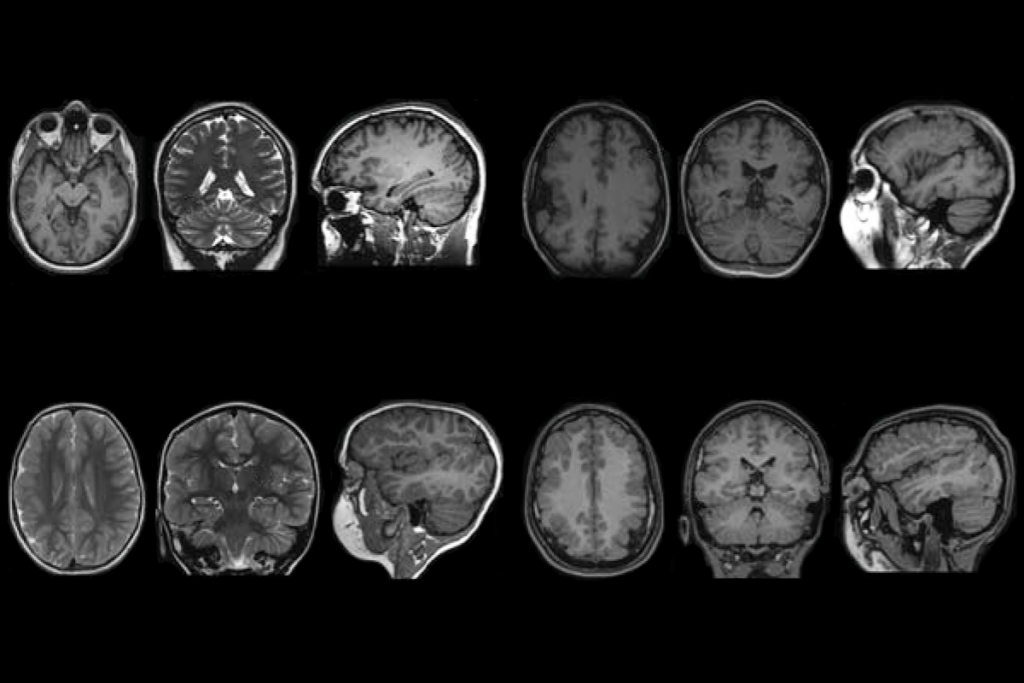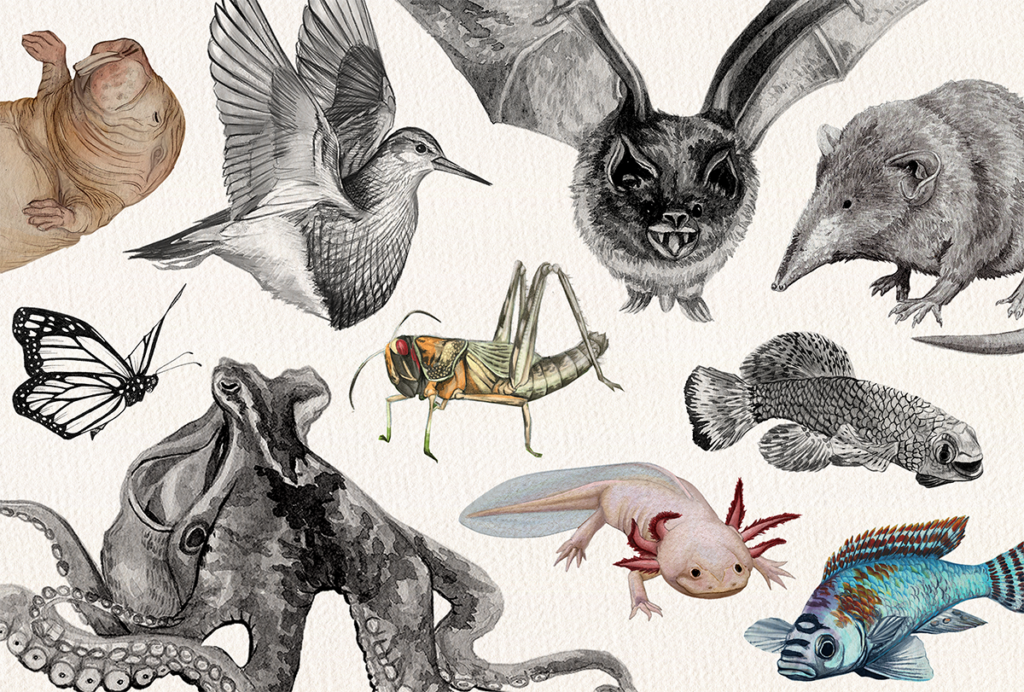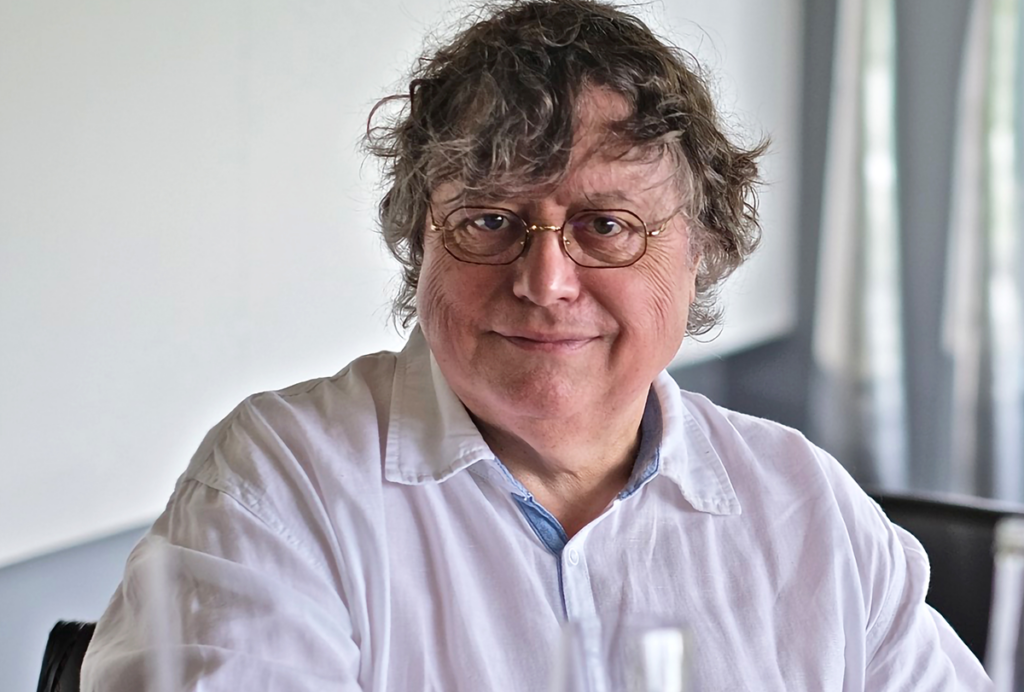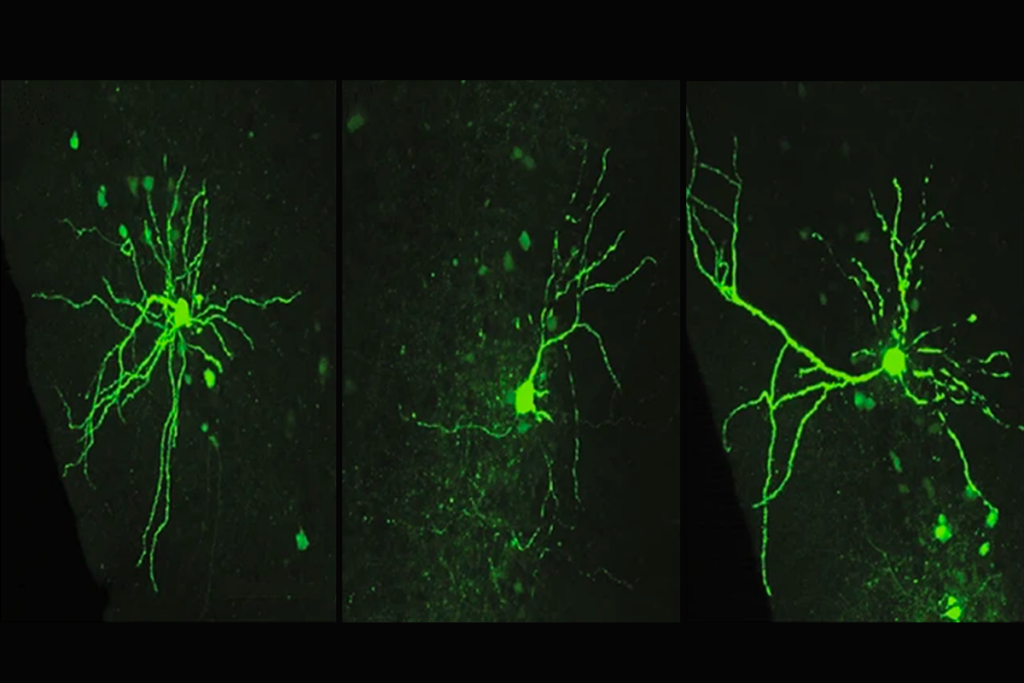Treatments on trial; future in flux; summoning scientists
Drugs for autism and epilepsy have their day in court, a spending bill leaves scientists in limbo, and researchers should speak up to correct misinformation.
- Two drugs — one approved for autism and the other a treatment for epilepsy — were in the spotlight this week.
The first drug, risperidone, is at the center of an epic lawsuit against Johnson & Johnson. About 2,000 people claim the drugmaker failed to warn them about one of risperidone’s most embarrassing side effects: the growth of breast tissue in boys and men. On Tuesday, a Pennsylvania judge dismissed the sixth case to go to trial, citing inadequate evidence from an expert witness, according to The Legal Intelligencer.
The second drug, phenytoin sodium, helps to curb seizures. Last week, the U.K. government fined two pharmaceutical companies — Pfizer and Flynn Pharma — for boosting the price of phenytoin sodium by 2,600 percent.
Here’s the story behind the price hike, according to the U.K. Competition and Markets Authority: In 2012, Pfizer sold the drug’s U.K. distribution rights to Flynn Pharma. This gave the drug generic status, and meant it was no longer subject to price regulation.
But Pfizer sold the drug to Flynn at up to 16 times its original price. Flynn then sold the capsules to pharmacies for up to 26 times what Pfizer had charged. As a result, the U.K. National Health Service went from spending 2 million pounds ($2.5 million) on the drug in 2012 to 50 million pounds ($62 million) in 2013.
Pfizer and Flynn have to pay nearly 90 million pounds (almost $111 million) in combined fines for breaking competition law.
- Two new studies published in Molecular Psychiatry link autism to WNT signaling, a pathway involved in cell proliferation and differentiation. But how important is WNT signaling in autism? A letter to the editor in the same issue provides some perspective.
Author Alan Packer, senior scientist at the Simons Foundation (Spectrum’s parent organization), did his own mini-analysis of WNT’s ties to genes implicated in autism. He looked at 239 genes that have strong ties to autism based on mutations that occur only in people with the condition. Of these, 39 play a role in WNT signaling. That’s 16 percent.
Packer also scanned a second list of 172 genes that are mutated in the unaffected siblings of people with autism, but not in people with autism. Only 11 of these genes play a role in WNT signaling. That’s just 6 percent.
Packer writes that WNT has ties to many autism genes, and understanding these associations could offer clues to the condition. He also provides a starting point for someone’s next grant application. It’s a WNT-win.
- President Obama signed the 21st Century Cures Act into law on Tuesday. The legislation is expected to bring $6.3 billion in new spending on research and healthcare in the United States over the next decade. More than $1.5 billion will go to the Brain Research through Advancing Innovative Neurotechnologies (BRAIN) Initiative, a National Institutes of Health effort launched in 2013 to accelerate neuroscience discoveries.
Obama also signed a stopgap spending bill last week. The move came just in time to prevent a government shutdown, but it leaves some scientists in limbo, Nature reports. Most scientific agencies will have to operate under a temporary funding measure, which means they need consent from Congress to start new projects or end old ones.
“I feel bad for people waiting for a new grant,” Jennifer Zeitzer, director of legislative relations at the Federation of American Societies for Experimental Biology in Bethesda, Maryland, told Nature. “How do you sustain a career when you don’t know what you’re doing in six months?”
- President-elect Donald Trump continues to surprise with his picks for top government positions. But it remains unclear who will lead the National Institutes of Health (NIH).
Current NIH director Francis Collins hopes to keep his post under Trump, according to STAT. And top republicans have endorsed him for the job, calling him “the right person, at the right time, to continue to lead the world’s premier biomedical research agency.”
But outspoken biologist Michael Eisen hopes Trump will replace Collins with “a talented physician scientist with real vision and wisdom.”
“Confidence in NIH funded research is at an all-time low, and Collins has responded with bureaucratic measures that have little hope of correcting the problems,” Eisen, professor of genetics, genomics and development at the University of California, Berkeley, writes in an open letter to Trump posted on his blog.
Asked by STAT who should take the helm, Eisen suggested Huda Zoghbi, professor of neurology at Baylor College of Medicine in Houston, Texas, who recently won a $3 million Breakthrough Award for helping to find the gene mutated in Rett syndrome. He also suggested Eric Topol, director of the Scripps Translational Science Institute in La Jolla, California.
- Two pieces in Nature this month call on scientists to become more involved in public discourse.
The first, an op-ed, encourages researchers to challenge and correct falsehoods in science — an ambitious directive in the era of fake news and conspiracy theories. “Someone, somewhere, will hear or read our response,” writes Phillip Williamson, associate fellow at the University of East Anglia in Norwich, United Kingdom. “A lie may be able to travel around the world before the truth has its shoes on, but an unchallenged untruth will never stop.”
The second article goes a step further, suggesting scientists should consider political careers.
“It is something I plunged into without any training and ending up doing all right,” U.S. Representative Bill Foster, the only Ph.D.-holding scientist in Congress, told Nature. “Ultimately, that is the way the feedback loop of our democracy operates.”
- Making a career move? Send your news to [email protected].
Recommended reading
Assembloids illuminate circuit-level changes linked to autism, neurodevelopment

Impaired molecular ‘chaperone’ accompanies multiple brain changes, conditions
Explore more from The Transmitter

The non-model organism “renaissance” has arrived
Rajesh Rao reflects on predictive brains, neural interfaces and the future of human intelligence

